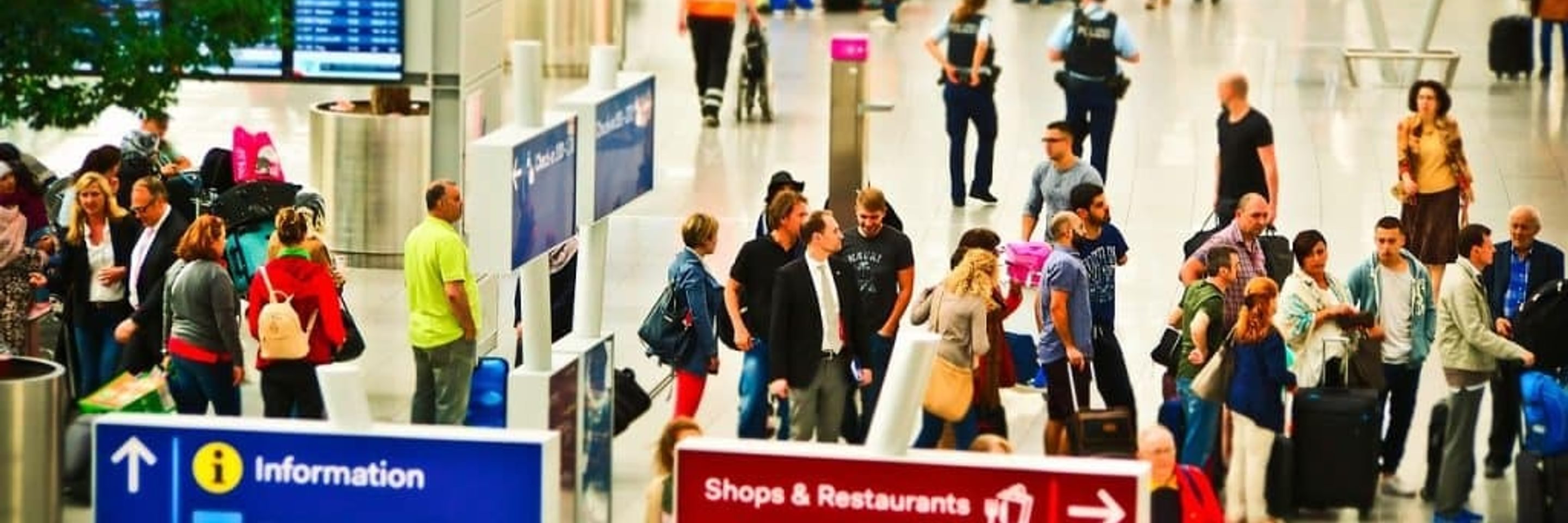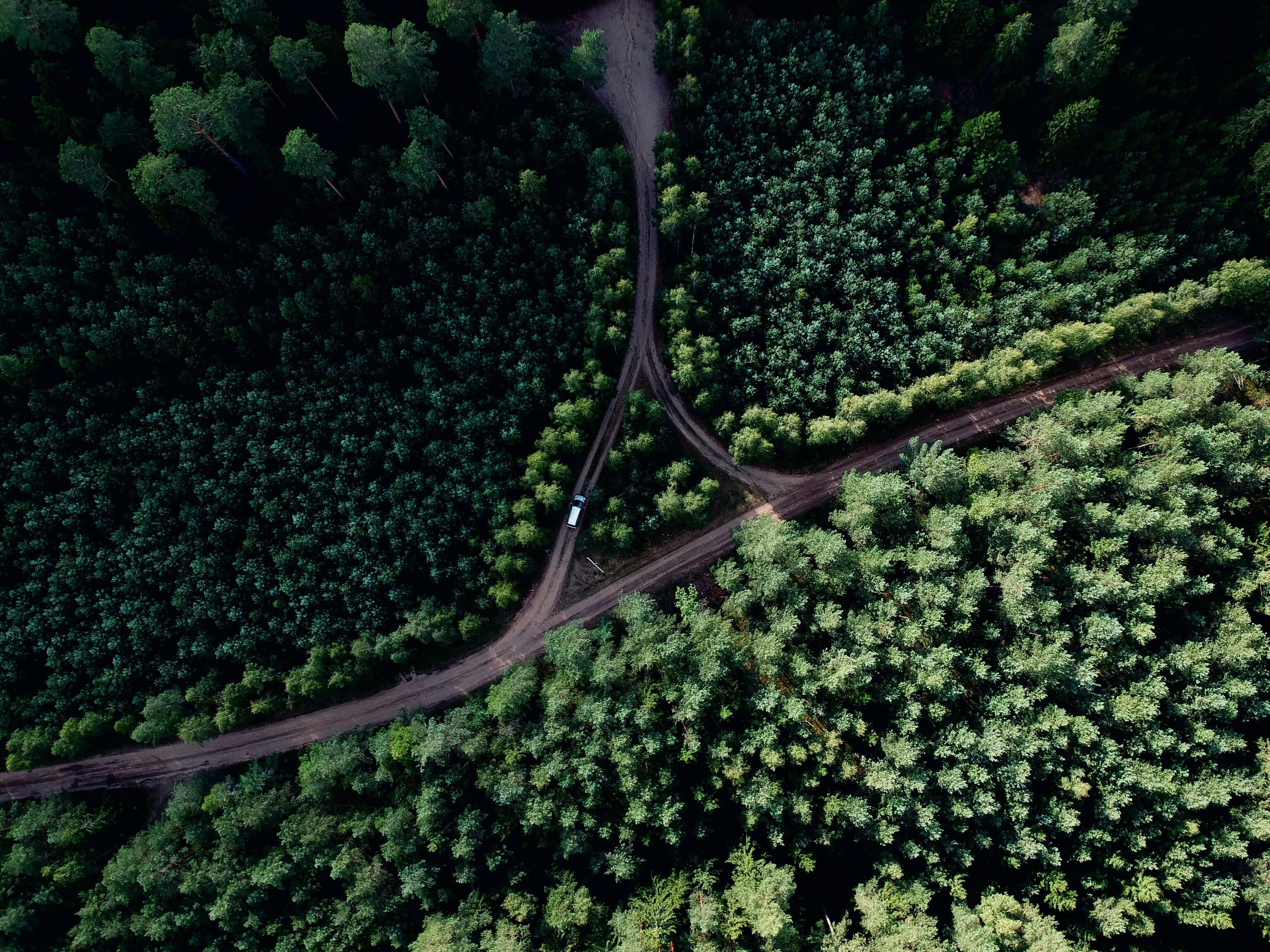
Global tourism is swiftly rebounding from its pandemic-induced slump, but travellers face a distinctively different experience as the industry reinvents itself.
Analysis by the World Travel and Tourism Council (WTTC) found the travel industry experienced a $US4.9 trillion drop in Gross Domestic Product (GDP) and 62 million job losses as the COVID pandemic ravaged the globe in 2020.
But in a swift rebound that illustrates an insatiable appetite for international travel, the WTTC estimates the sector will likely return to pre-pandemic levels by the end of this year.
Over the next decade, the sector’s contribution to the global economy is expected to grow at an average annual rate of 5.8 percent – more than double the 2.7 percent average annual growth rate previously recorded.
At the same time, the travel and tourism sector is predicted to generate 126 million additional jobs, with the Asia-Pacific region leading the charge with jobs growth of 64.8 percent, with China at 25.5 percent and India at 20.4 percent.
Gary Brough, Managing Director of Baker Tilly Turks and Caicos Islands, says the importance of tourism to the global economy and travel to individuals and families was heightened during the pandemic.
“We have already seen pent-up demand from the pandemic start to be satisfied and travel has now become virtually a non-negotiable – people are going to travel,” he says.
The World Tourism Organization’s (UNWTO) new Tourism Recovery Tracker dashboard shows while booking numbers might still be low, the search numbers of would-be travellers wanting to travel was high, with flight searches up 49 percent in January compared to the same period in 2022.
Mr Brough says it is remarkable how an industry of this size and importance to the global economy could take such a big hit only to bounce back stronger than ever, whilst simultaneously reinventing itself.
“Travel and the tourism experience will be different now, which is one of the most fascinating aspects of the recovery,” he says.
“If anyone were to say, ‘We are getting back to where we were pre-pandemic,’ they’ve completely missed the point. For many, the nature of travel and what they want from the travel experience will be completely different.
“During the pandemic, if you didn’t learn something personally about yourself or your job, I don’t think you are ever going to learn.”
Mr Brough says that part of this learning experience translated into a reassessment of people’s priorities and as part of that exercise, travel leapt up the list of priorities.
“Leading the charge are younger travellers and their desire to explore new, less crowded destinations that are exotic and have values that they can relate to. For example, protection of the environment, sustainability, and lifestyle,” he says.
According to the WTTC, travellers booking habits have also undergone a shift as a result of the fast-changing travel restrictions, with many seeking flexible bookings and less likely to book months ahead.
In turn, airlines and other travel providers have had to modify their cancellation policies to allow for the possibility of changes to itineraries.
An evolving experience
Rajeev Shaunak, Head of Consumer at UK-based Baker Tilly network firm MHA, says airlines have looked at how to change the travel experience post-pandemic.
“Emirates, for example, was always against doing a premium economy. Earlier, you had an economy or a business, but now they have brought in a premium economy offering because they know leisure travel will be an even bigger earner for them,” he says.
“People aren’t willing to pay for business class tickets, but they want a little more than just economy and several airlines is doing that.”
Capacities and travelers’ ‘contactless’ experiences at an airport are other elements of travel post-COVID that need attention, he says.
“The experience is going to be important and that means making sure the contactless process through the airport is not a hindrance,” Mr Shaunak says.
“If you have a bad experience at airports lining up in queues for extended periods, that might mean many don’t want to travel again within the same year.
“That’s more to do with managing capacity because it can have an impact on people choosing to travel abroad.”
Pre-pandemic, the global travel and tourism sector’s growth rate outperformed that of the global economy for nine successive years.
Its contribution to the economy fell 50.4 percent during the pandemic, but recovered by 21.7 percent in 2021, WTTC data found.
In the Asia Pacific, peaks and troughs were more accentuated than any other region due to several factors, Mr Brough explains.
“More stringent travel restrictions led to a slow recovery initially, but a combination of a loosening of those restrictions, a remarkable increase in domestic travel, and the size of its tourism markets which were leveraging up anyway pre-pandemic means Asia Pacific is now likely to recover quicker than anywhere else in the world.
“WTTC data predicts it will be the first region to return to its 2019 state of affairs, while all other regions are predicted to recover completely in 2024.”







